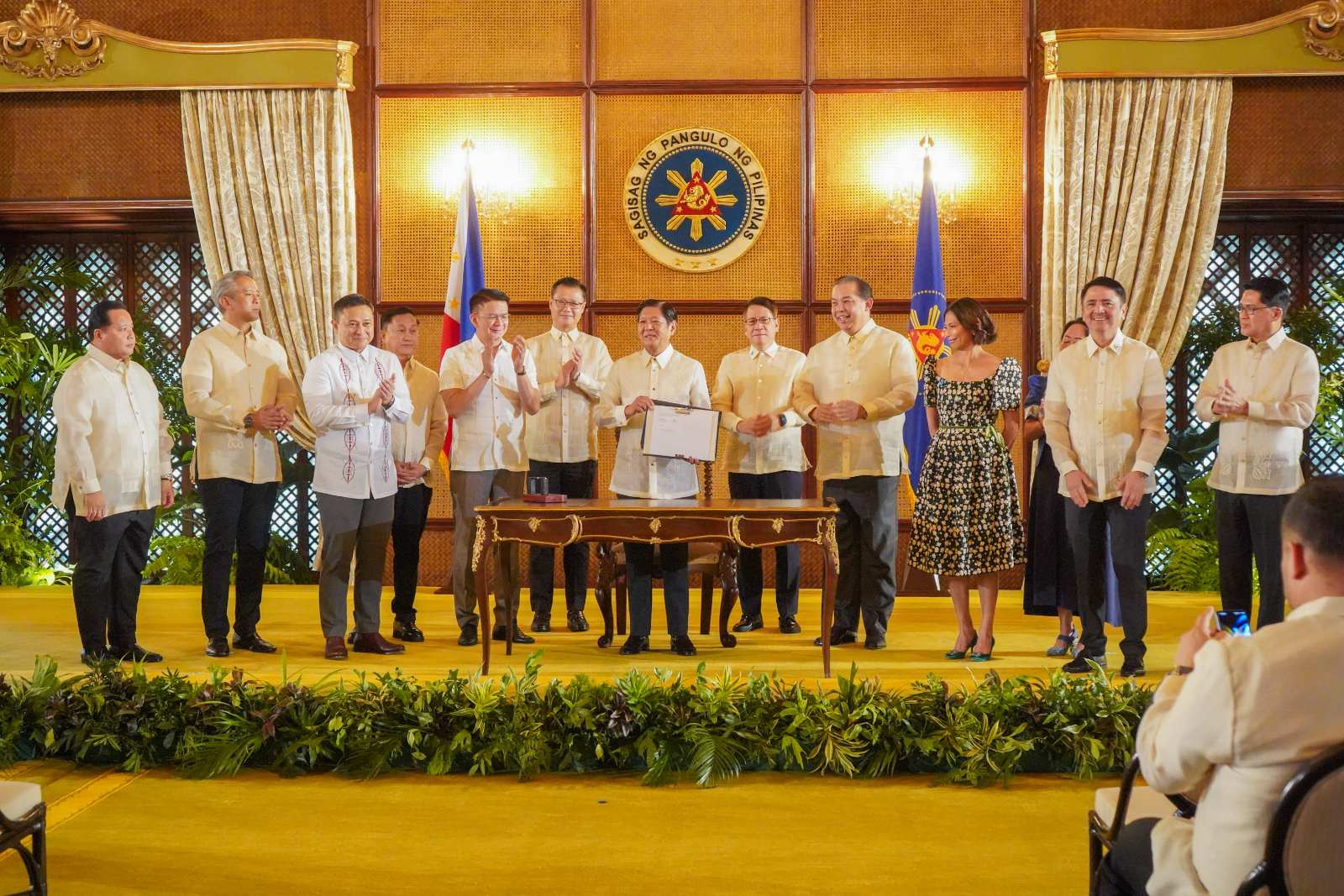DepEd welcomes ARAL Law as a 'critical intervention' in Philippine education
The passage of the Academic Recovery and Accessible Learning (ARAL) Law on Friday, Oct. 18, was welcomed by the Department of Education (DepEd) as a “critical intervention” to accelerate learning recovery.

"This law demonstrates our collective resolve to uplift the state of education in the Philippines,” DepEd Secretary Sonny Angara said in a statement.
“With ARAL, we can help students regain their momentum and achieve the learning milestones they deserve,” he added.
Significant milestone
President Marcos signed the ARAL Act into law during a ceremony at Malacañang Palace. DepEd stated that this marked a “significant milestone” in the government's efforts to address the learning gaps exacerbated by the pandemic.
The ARAL Law, recognized as a priority initiative by the Legislative-Executive Development Advisory Council (LEDAC), seeks to establish a national learning intervention program to assist struggling learners in meeting the required standards for their respective grade levels.
Aside from Angara, the signing was witnessed by Senate President Francis “Chiz” Escudero, House Speaker Martin Romualdez, Senator Sherwin Gatchalian, Rep. Roman Romulo, and other members of Congress and officials of DepEd.
Angara commended the law's passage, highlighting its importance as a crucial intervention during a period when education requires substantial support. He also extended his gratitude to President Marcos for prioritizing this measure.
National learning program
Led by the Department of Education (DepEd), the ARAL Program is a free national learning intervention initiative that will engage teachers, para-teachers, and pre-service teachers—students currently enrolled in teacher education programs at various institutions.
The program will concentrate on enhancing students' competencies in key learning areas, including reading and mathematics for Grades 1 to 10, as well as science for Grades 3 to 10.
For Kindergarten learners, the ARAL Program will prioritize developing foundational skills to bolster their literacy and numeracy competencies.
Additionally, to promote effective and accessible learning, tutorial sessions will be offered in three flexible delivery modes.
Learners can opt for face-to-face tutorials, online tutorials, or a blended learning approach, allowing all participants to engage based on their individual needs and circumstances.
Vital response
Advocacy group Philippine Business for Education (PBEd) also welcomed the signing of the ARAL bill into law.
The ARAL Law, PBEd said in a statement, is a "vital response by the government to the calls for urgent recovery programs and targeted interventions to strengthen foundational skills among learners."
“The program's holistic approach—encompassing nutritional, social, emotional, and mental health support—are crucial building blocks for early childhood care and development and address the overall well-being of young children, fostering comprehensive development during their formative years,” PBEd stated.
PBEd added that the ARAL Law will also “greatly assist our teachers, particularly in addressing the learning crisis.”
“Volunteer tutors and para-teachers, along with regular assessments, are essential in driving learning gains through personalized support to meet each student's needs,” the group added.
Meanwhile, PBEd noted that the success of the law will “largely depend on its effective implementation and sustained support” from both the public and private sectors.
As the voice of the business sector in education reform, PBEd expressed its commitment to rallying private sectors to support the initiatives of the law.
“This will not only address immediate learning gaps but also lay the groundwork for long-term improvements in the nation's educational outcomes, ultimately contributing to human capital development and a stronger, more competitive workforce,” the group said.
RELATED STORY: